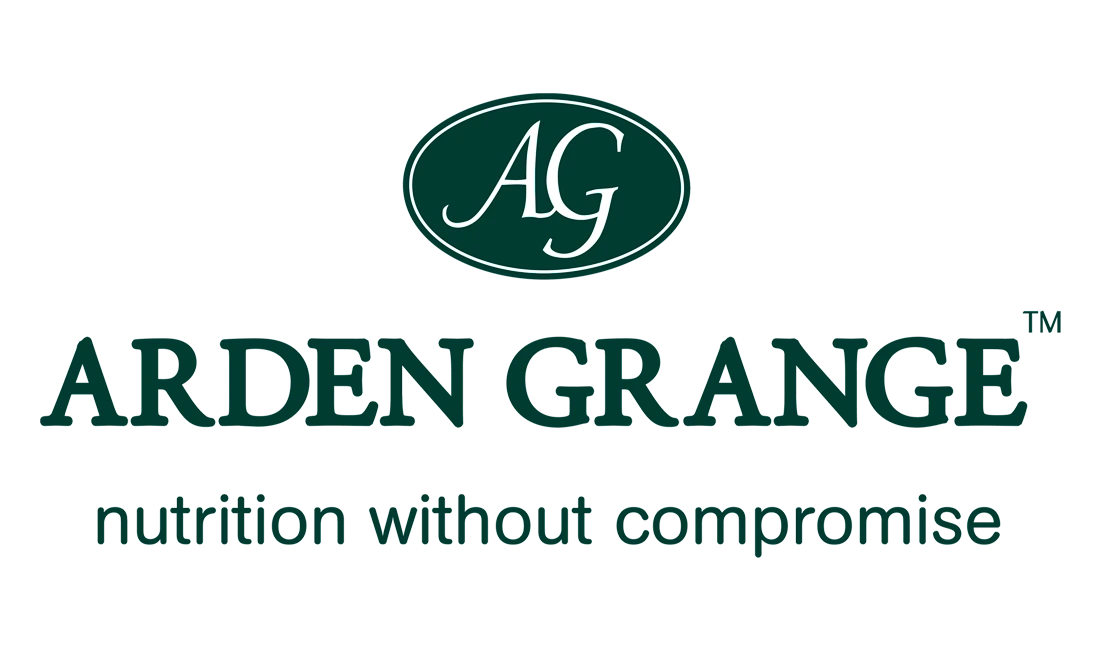Feeding senior dogs
As dogs age, gradual changes become evident. These include greying of the hair, joint stiffness, and slower reflexes. The senses become less sharp; and hearing, vision and sense of smell may diminish. The first signs of aging are usually a general ‘slowing down’ with decreased levels of activity and stamina and a tendency to sleep more.
For many years it was believed that a low protein diet was beneficial for the older dog. However, a moderate level of good quality dietary protein does not cause renal failure; nor does it contribute to its progression providing it is easily digested and metabolised (and blood waste levels are not high). Protein should be biologically appropriate (e.g. white meat, fish and egg), and of a high biological value easily utilised for structural and metabolic functions within the body.
Impaired renal function can commonly affect the older dog, and if kidney problems are diagnosed, a low phosphorous diet is indicated. This helps to reduce renal mineralisation and renal secondary hyperparathyroidism; slowing the progression of the disease. Arden Grange do not produce veterinary diets, so please consult your vet for guidance if your dog suffers from renal dysfunction.
Early symptoms of renal dysfunction may include increased thirst and urination. In more advanced cases, lethargy, vomiting, diarrhoea, dehydration, bad breath and/or mouth ulcers may also be evident. The body is very good at compensating, so renal impairment can often go unnoticed. A non-invasive and cost-effective way to check the kidney function is to ask your vet to test a urine sample. The specific gravity indicates the concentration of the urine, and if the kidneys are not working properly, it will be lower than normal. Early diagnosis and treatment can mean a much better prognosis for your dog, so it is very important to monitor water intake and urine output.
An older dog is likely to lead a more sedentary lifestyle, and therefore may require a lower calorie intake to avoid weight gain. Obesity is a risk factor for numerous clinical conditions in dogs; including diabetes mellitus, joint disease, cardiac and respiratory problems. Look for a lower fat diet, or reduce your dog’s food intake, when energy levels start to decrease. A diet containing the amino acid L-carnitine may also be beneficial as this increases the conversion of fat to energy thus helping to maintain lean body mass.
Many commercial diets formulated for the senior dog will contain glucosamine and chondroitin in order to help to protect the joints and prevent the deterioration that naturally occurs with age from worsening. Glucosamine provides the building blocks to synthesise new joint cartilage, whilst chondroitin helps to block destructive enzymes that break down cartilage. Both are safe and natural ingredients, and any excess that is not required by the body is simply excreted in the urine. Some senior diets are also supplemented with MSM which has anti-inflammatory and analgesic properties.
A diet containing added essential fatty acids may be beneficial, because the omega-3s release compounds within the body that reduce inflammation. Krill is an excellent source of omega-3 DHA and EPA.
Dogs with pre-existing joint disease may require higher levels of the various supplements than the diet can provide. In most cases, a proprietary supplement such as Lintbell’s YuMOVE can be safely used alongside the diet and any conventional medicine, but always seek advice from your vet.
Diets fortified with natural antioxidants such as cranberry and yucca may also benefit older dogs. Studies have shown that they can partially reverse the deleterious effects of ageing on cognition (Milgram et al, 2002). Antioxidants also help protect against free radical damage, from which older dogs are more at risk.
Arden Grange Senior with fresh chicken & rice has been specially formulated to provide the optimal balance of nutrients and energy for older dogs. It contains boosted levels of glucosamine, chondroitin and MSM for extra protection against age-related health problems; and like all the Arden Grange recipes, includes additional nutraceuticals (natural ingredients chosen for their health benefits) such as prebiotics to support the digestion and immune system.
Dogs age at different rates, so there is no exact age at which we suggest you make the change to a senior diet. Some dogs are still quite active at 10-12 years (especially small breeds) whilst others begin to slow down by 6-8 years. When you notice your dog is expending less energy and perhaps getting a little heavier is usually a good time to introduce senior food.


 Puppy
Puppy
 Adult
Adult
 Senior
Senior
 Sensitive
Sensitive
 Treats
Treats Kitten
Kitten
 Adult
Adult
 Senior
Senior
 Trusted British Brand
Trusted British Brand

